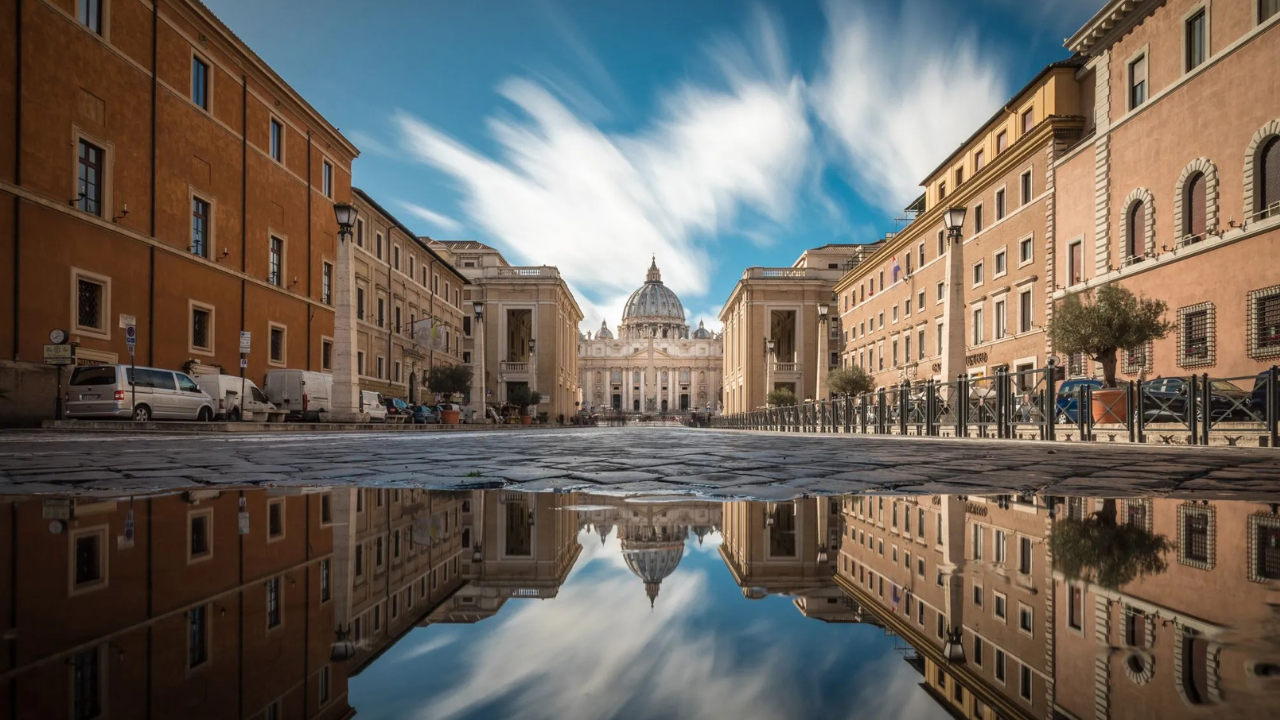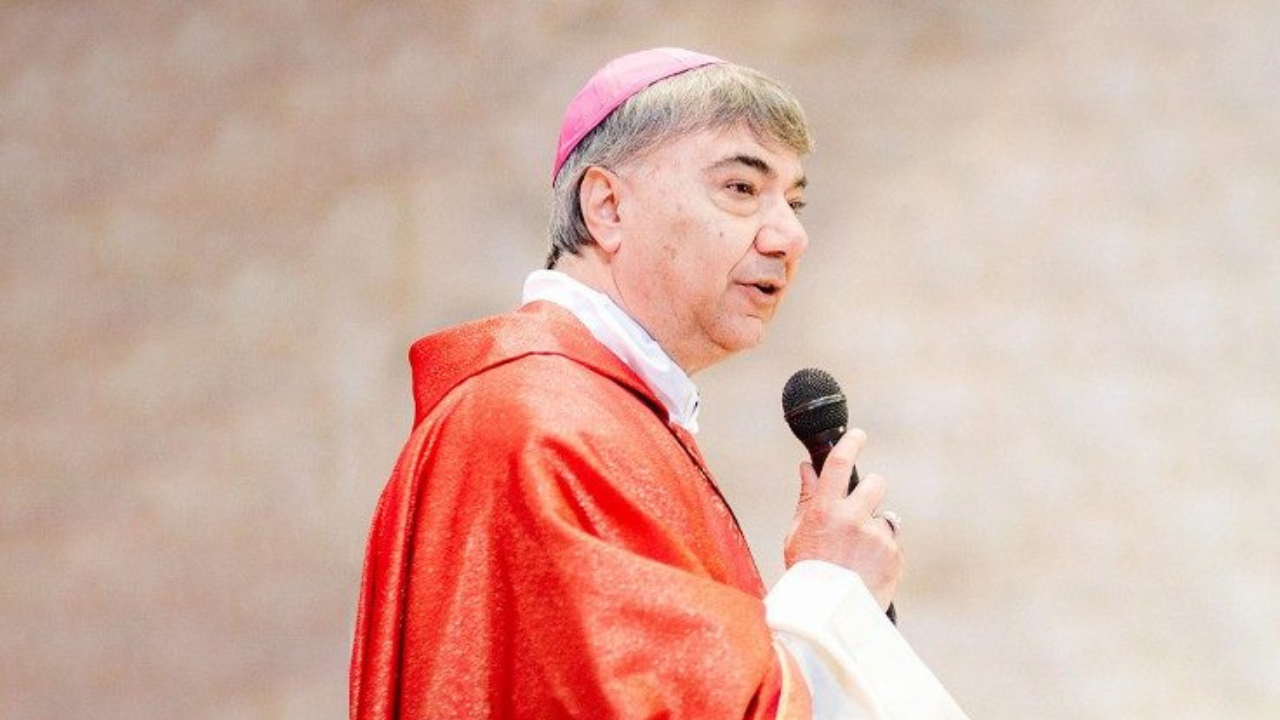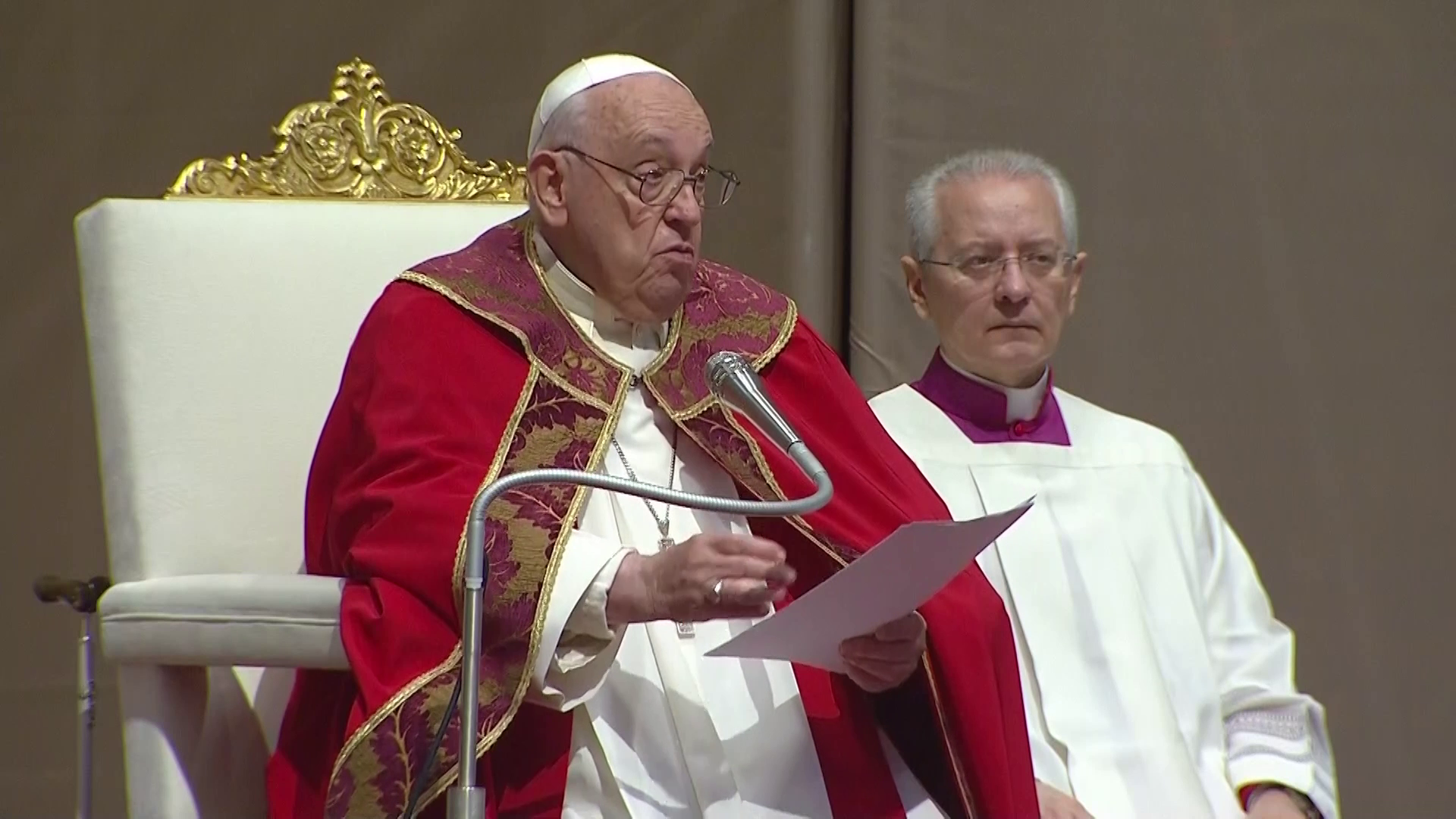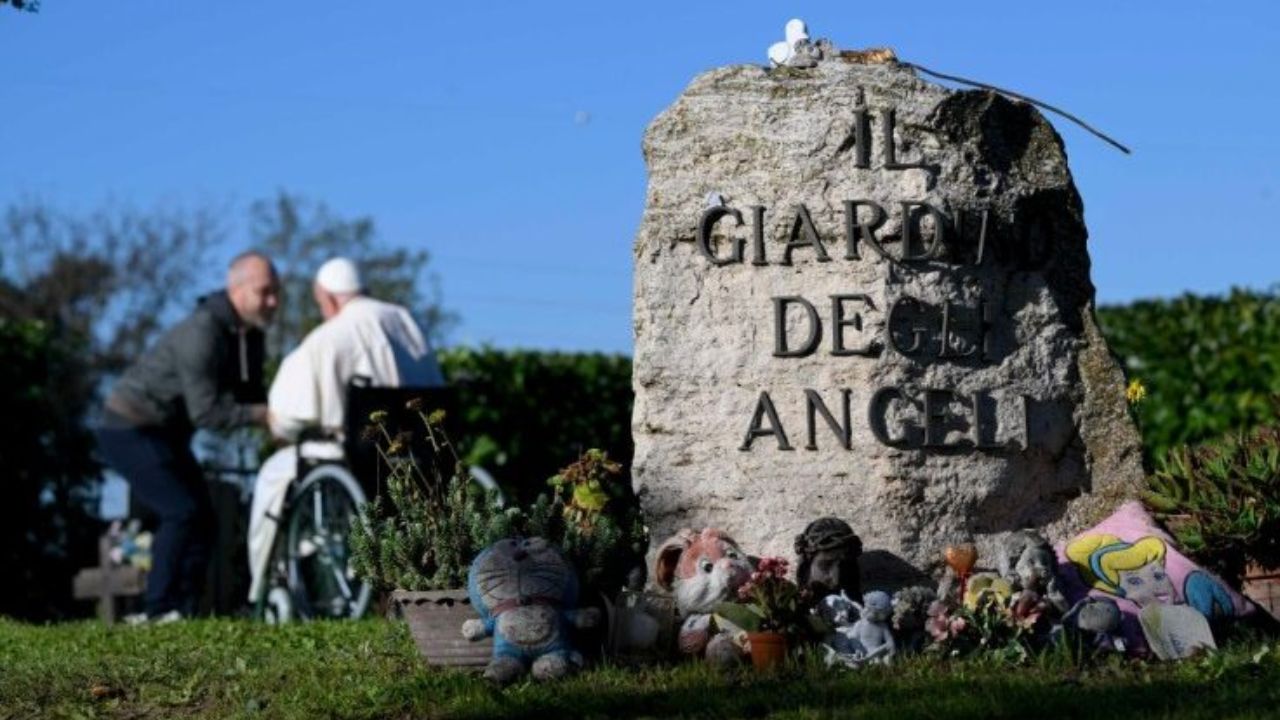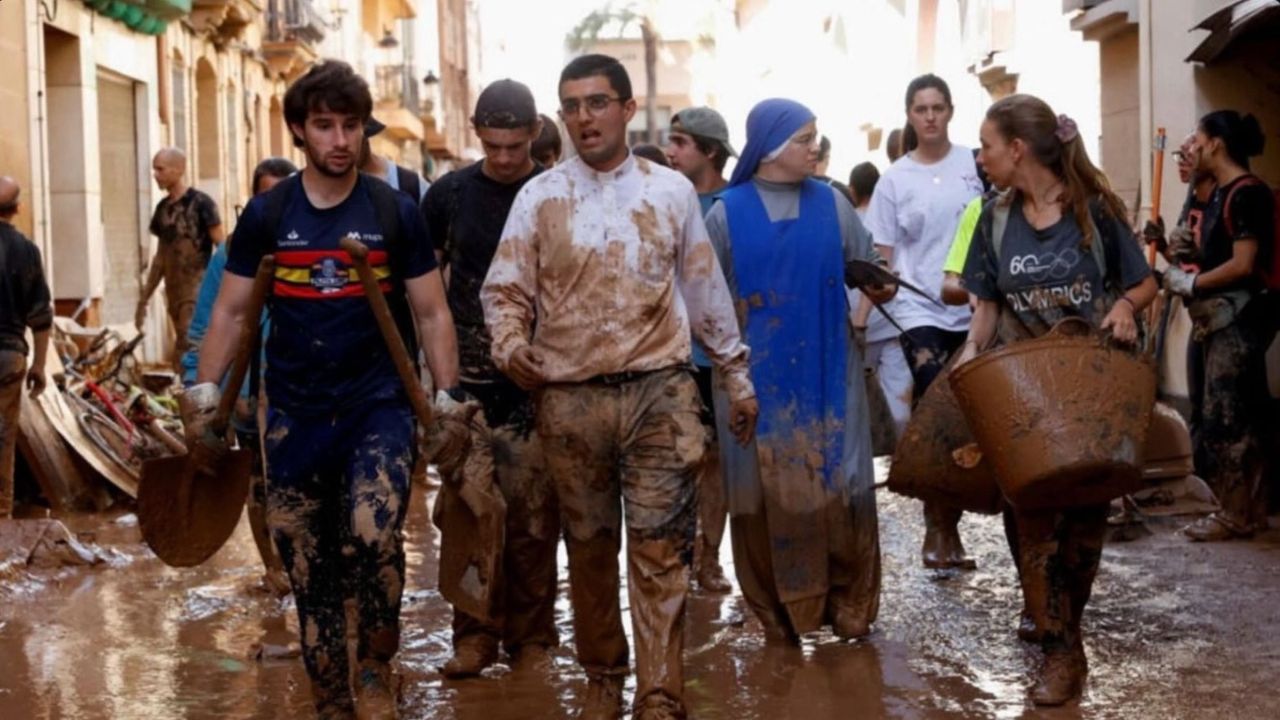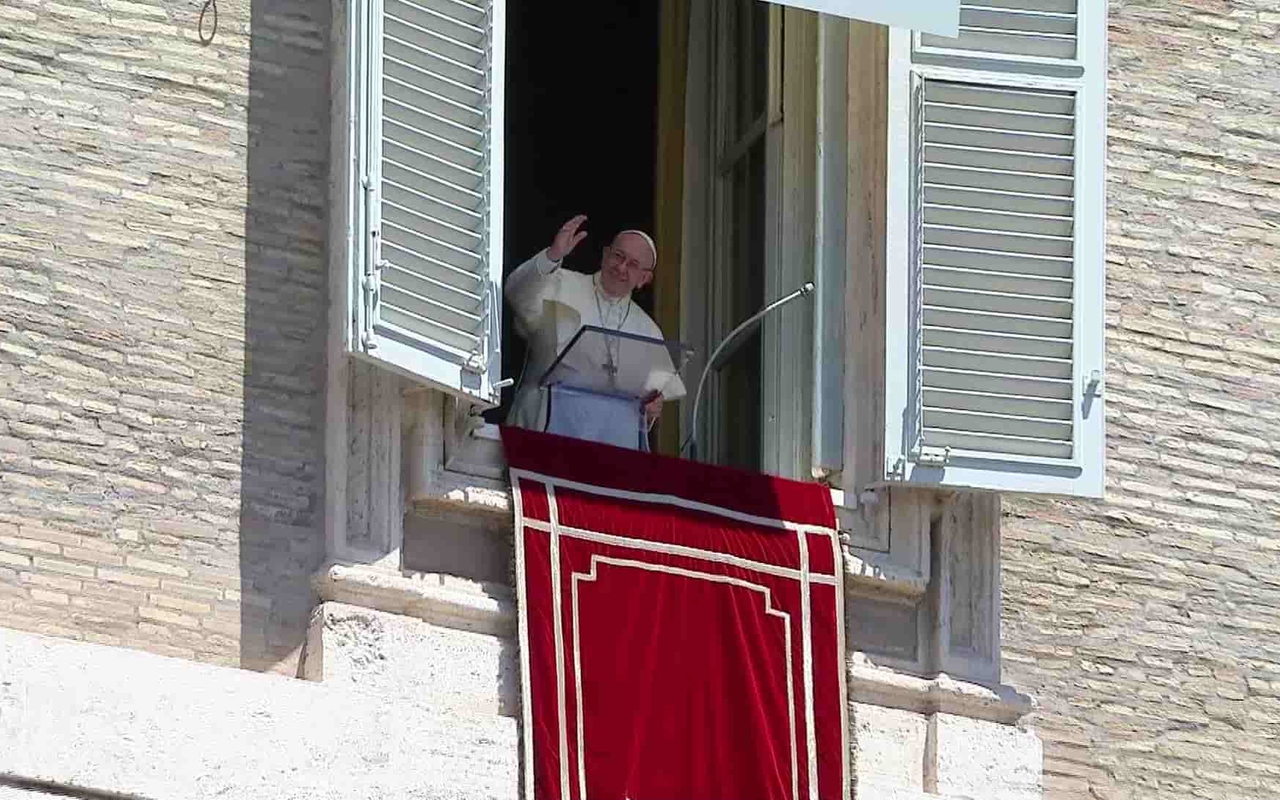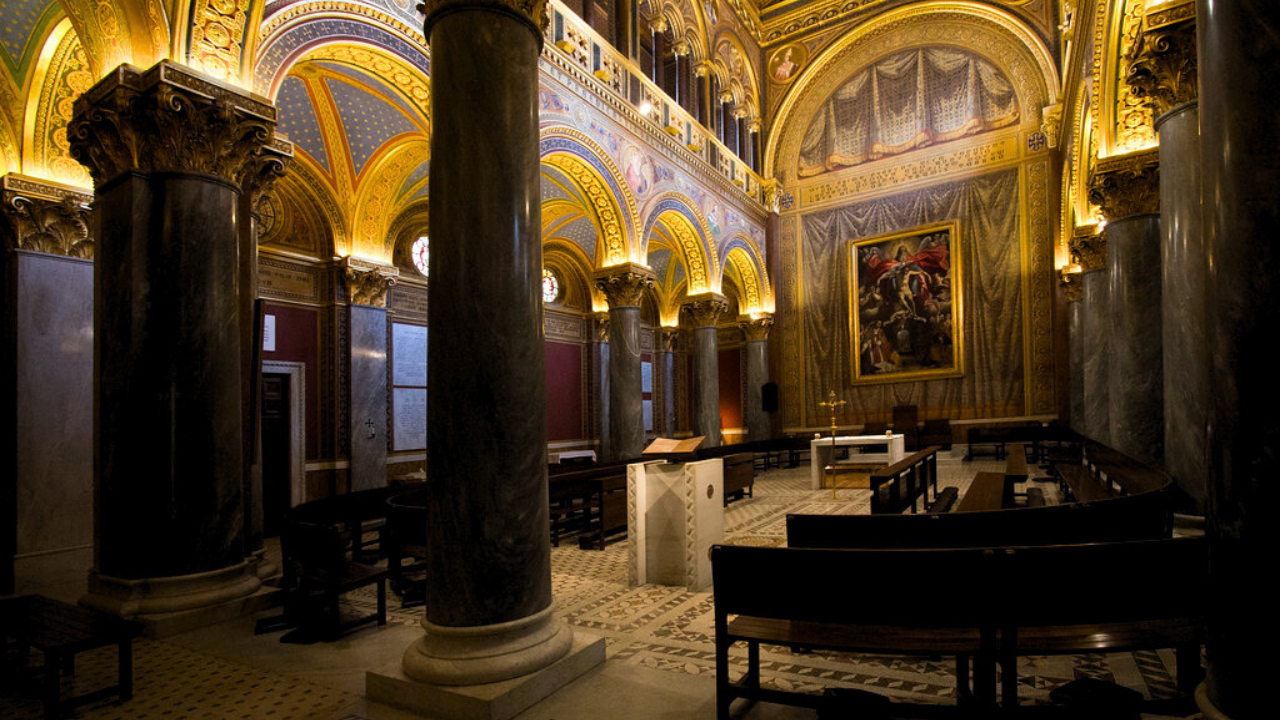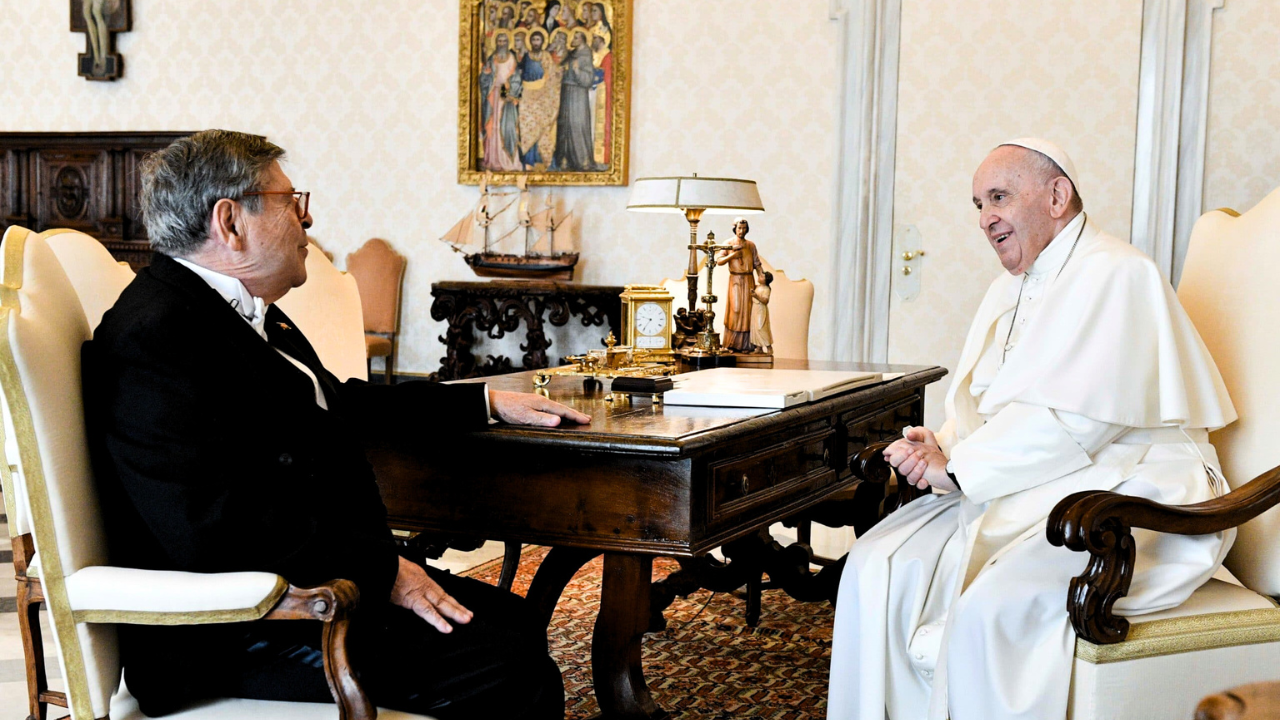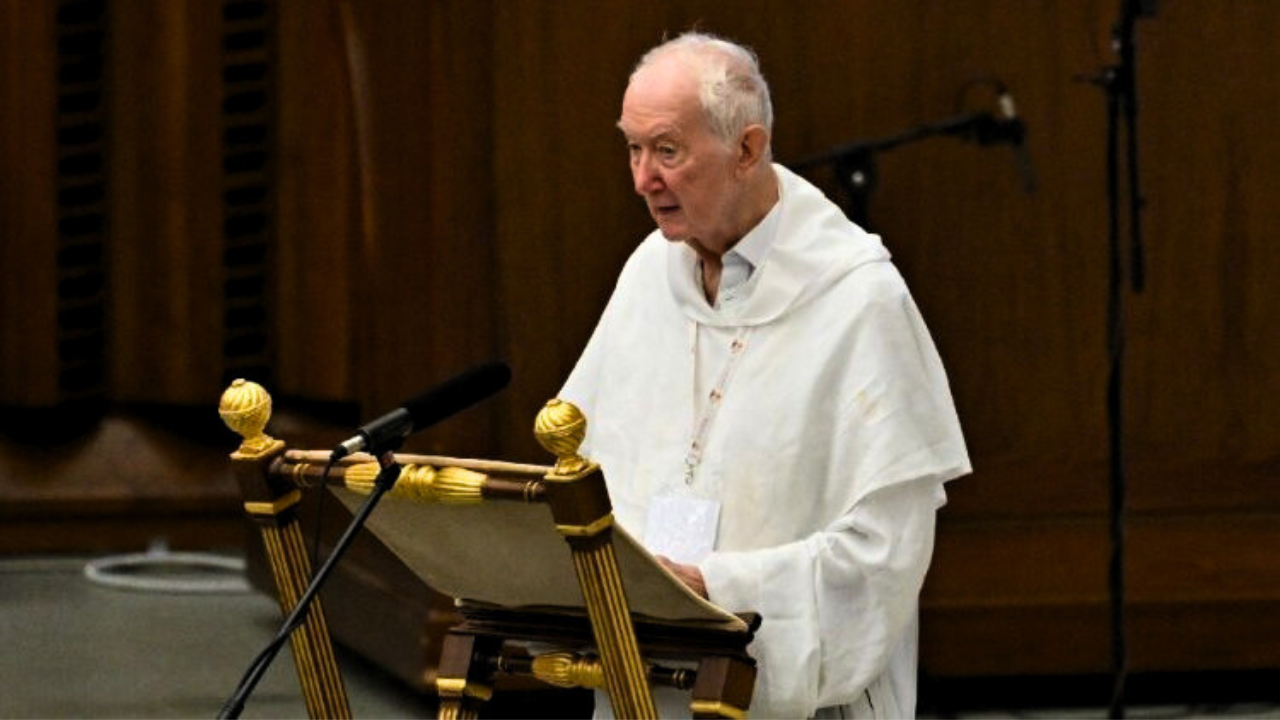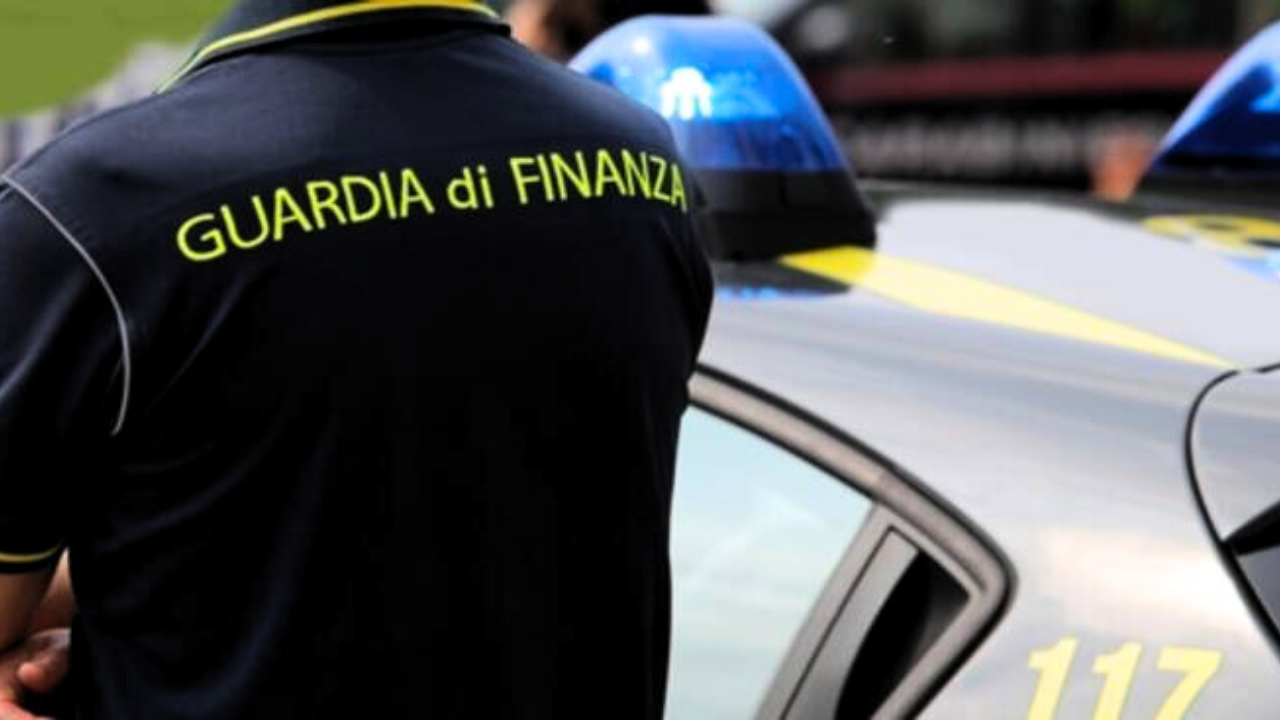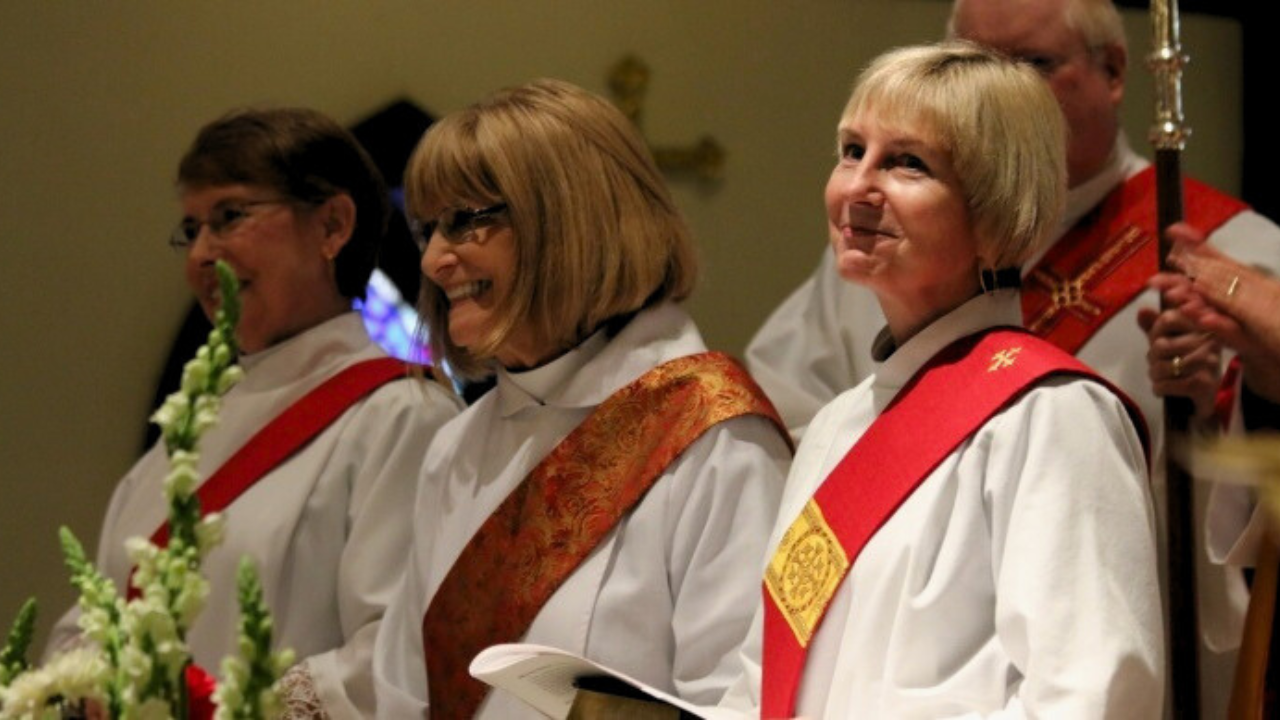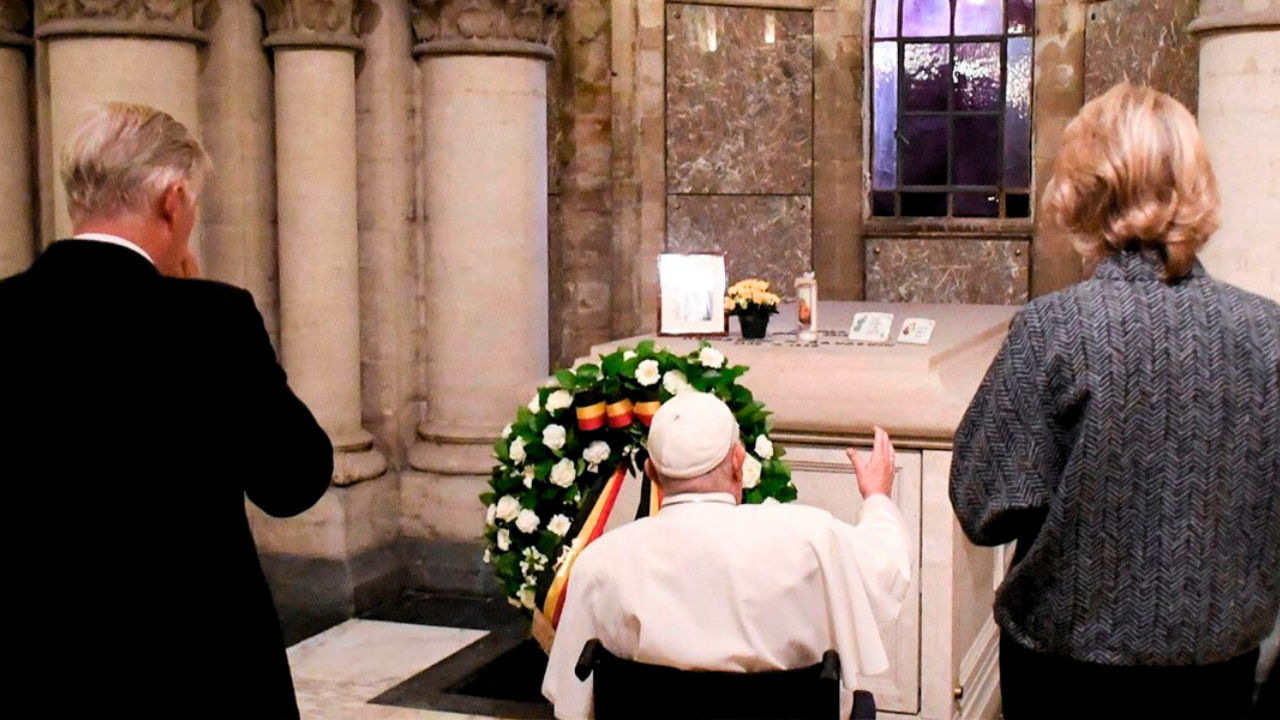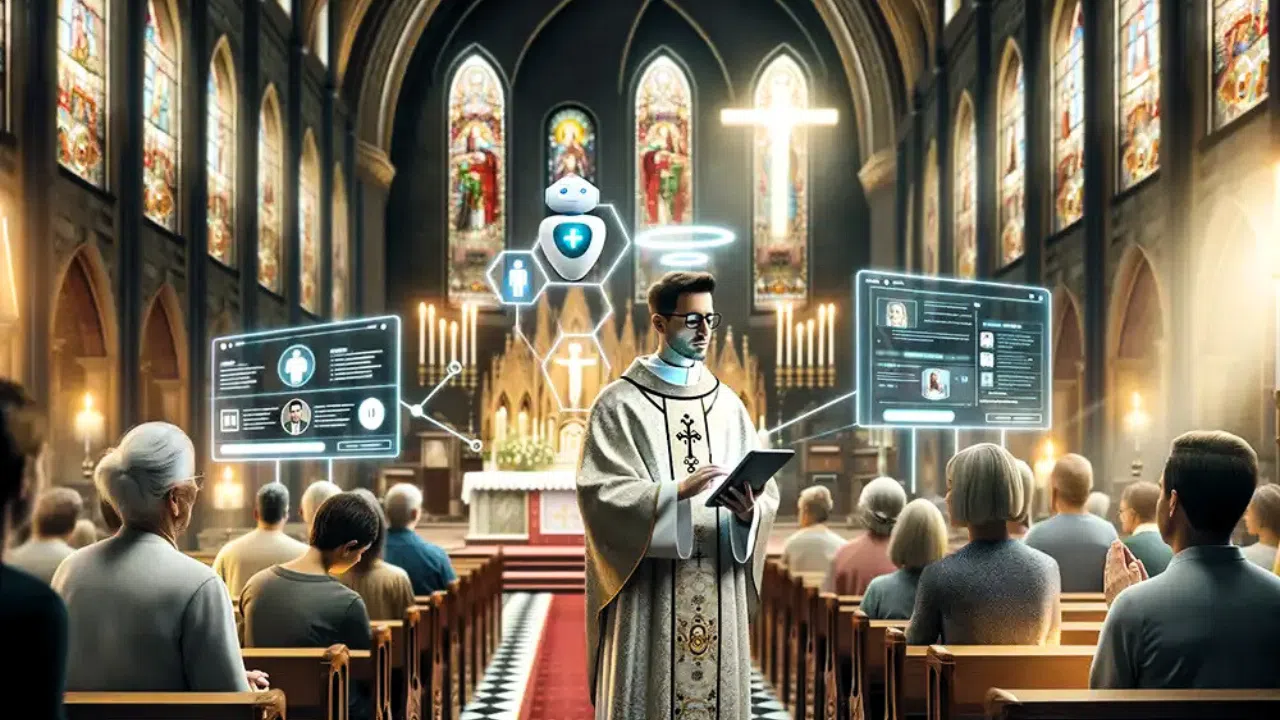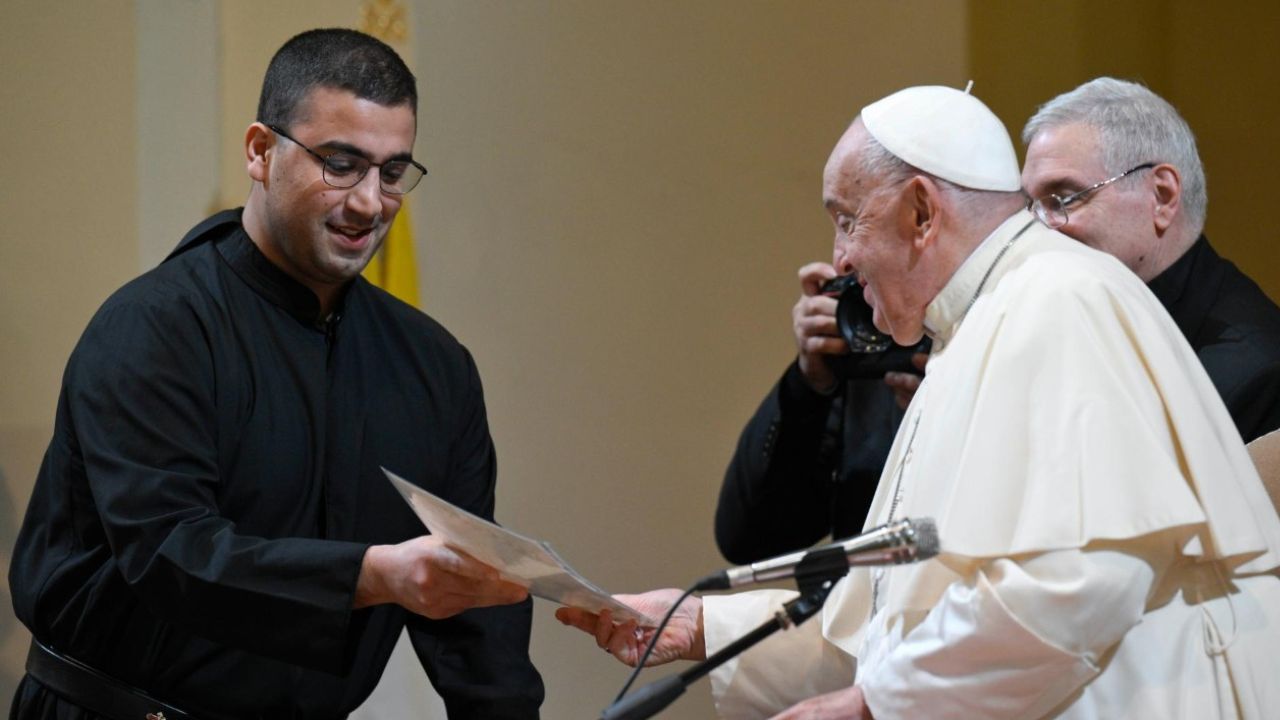WHAT'S THE PROBLEM?
On December 6, the president of the United States decided to further strain an already complicated situation in the Middle East with an announcement he had made during his campaign that no one believed he would go through with – recognizing Jerusalem as the capital of Israel. The decision to move the United States embassy from Tel Aviv to Jerusalem has provoked great tension throughout the Arab world and strong reactions from political and religious leaders.
WHY IS THE ISSUE SO SENSITIVE?
In 1947, the UN approved the Partition Plan for Palestine, and since then, Jerusalem's status hasn't been established. The UN was going to be the one to manage the city, but the Arab-Israeli War of 1948 split the city in two. The eastern side remained governed by Jordan, and the west by Israel. In the Six-Day War of 1967, Israel overtook the entire city. The Israelis consider Jerusalem their sole, undivided capital. The Palestinians claim the eastern part. In 1980, the UN asked all countries to remove their embassies from the Holy City, which today is fully governed by Israel. Before Trump's announcement, no compelling country had expressed attention to either side's claims.
Inside the city, there might be another problem. Christians are denouncing “a systematic campaign” of pressure by Israeli officials. As a sign of protest, the Holy Sepulchre closed its doors for three days. The Christian communities oppose Jerusalem's municipal government's decision to collect taxes from Church buildings not used for worship. In addition, they're disputing the mayor Netanyahu's bill that would allow retroactive expropriation of lands sold by the churches to private buyers. The Christians are declaring it a discriminatory measure because it would regulate property rights, rent and transactions strictly on Church lands.
WHAT DOES THE POPE SAY?
Pope Francis had a feeling about the issue and, even before Donald Trump's controversial statement, the pope warned of the consequences of disrupting the status quo.
POPE FRANCIS
October 25, 2017
“The Holy City, whose Status Quo must be defended and preserved, ought to be a place where all can live together peaceably; otherwise, the endless spiral of suffering will continue for all.”
When Trump made the announcement in December, the Holy Father promptly called for wisdom and prudence.
POPE FRANCIS
December 6, 2017
“I pray to the Lord that its identity to be preserved and strengthened for the benefit of the Holy Land, the Middle East and the whole world and that wisdom and prudence prevail to prevent new elements of tension from being added to a global context already convulsed by so many cruel conflicts.”
Donald Trump called Mahmoud Abbas, president of the Palestinian National Authority, to inform him of his decision. Abbas later phoned Pope Francis to express his concern over the measure.
Proof of the unrest caused by the Trump administration was the swift trip of King Abdullah II of Jordan to the Vatican to speak with the pope. Pope Francis and the Hashemite monarch agreed on the need to “safeguard the rights of Palestinians, Muslims and Christians in Jerusalem, a key to the region's peace and stability” and respect of the status quo.
Two days after the meeting between the Holy Father and the king of Jordan, the UN Assembly demanded that Trump reverse his decision.
Another head of state who has visited Pope Francis concerned about Jerusalem's future following the Trump administration's action is the president of Turkey, Recep Tayip Erdogán.
